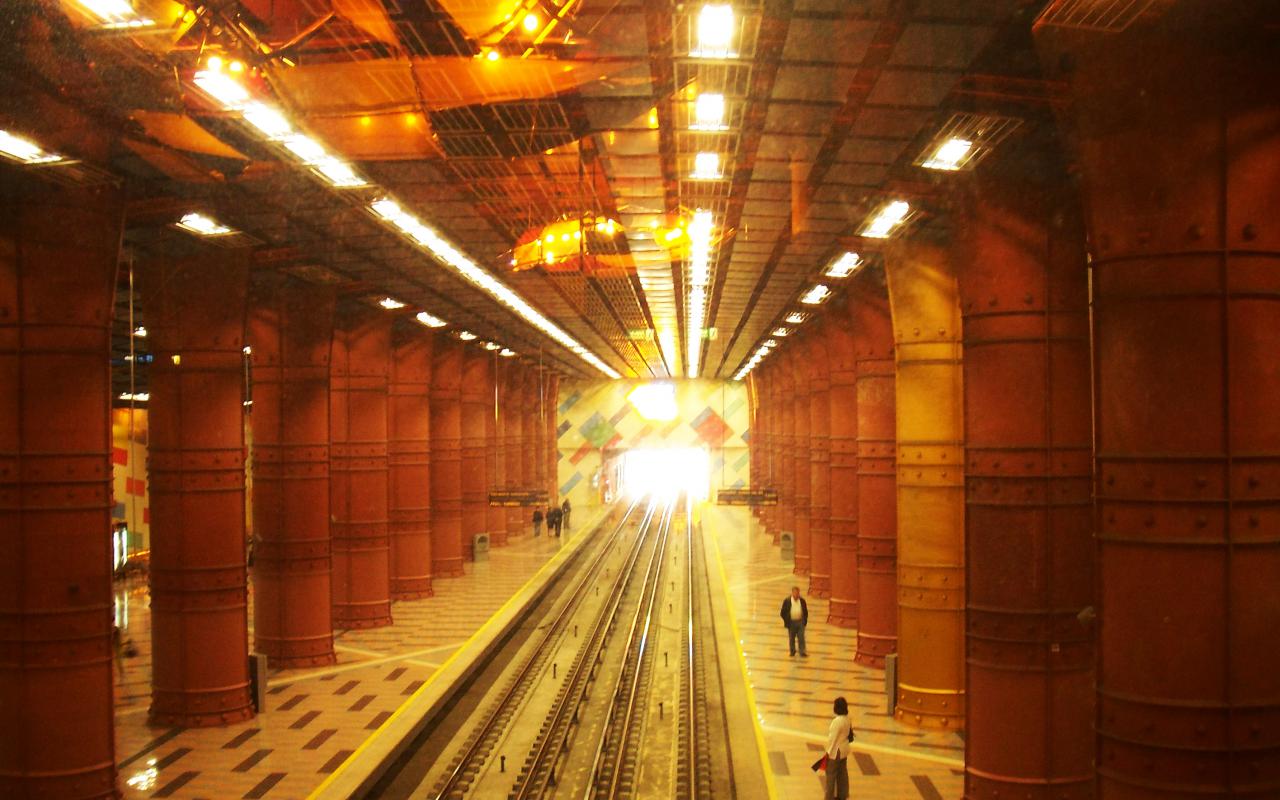Christoph Büttner: "In the Midst of Reality this Film Arose.”
Weimar Arbeiterfilm and its relations to Wirklichkeit
- Dauer
- 19:38
- Kategorie
- Vortrag/Gespräch
- Erstellungsdatum
- 06.11.2016
- Beschreibung
At the end of the 1920s, a short while after different worker's movements in Weimar Germany had begun to produce their own films, there was a short-lived but noticeable trend towards deploying film as social critique, an effort spearheaded by production companies such as the Weltfilm or the Prometheus. Directors like Phil Jutzi or Slatan Dudow not only made fictional social dramas like Mutter Krausens Fahrt ins Glück (GER 1929, Phil Jutzi) or Kuhle Wampe oder wem gehört die Welt (GER 1932, Slatan Dudow) but also documentaries such as Um's tägliche Brot (GER 1928, Phil Jutzi) or Zeitprobleme. Wie der Arbeiter wohnt (GER 1930, Slatan Dudow). Strikingly, these documentaries, that reiterate familiar topoi of worker's films, e.g. the situations in tenements or being forced out on the streets because of unemployment, explicitly claim to originate in the midst of Wirklichkeit.
Understanding films (with Charles Taylor, Castoris Castoriadis and Jacques Rancière) as possible sources for images or imaginaries of the social or of social realities, Arbeiterfilme can be understood not only in relation to a ‘need’ for Wirklichkeit based on a marxist-materialist imperative to transform reality, but also as a means for an original re/construction of their own reality by the worker's movements. Interestingly, to convey their vision of Wirklichkeit, these films do not simply employ a straight forward naturalist aesthetic, but also make use of e.g. elaborated compositions and poetic montages. The quasi-hybrid aesthetics of the Arbeiterfilme can in turn be interpreted alongside contemporary theories about the (visual) status of reality, e.g. Brechts famous assertion that “actual reality has slipped into the functional.”
